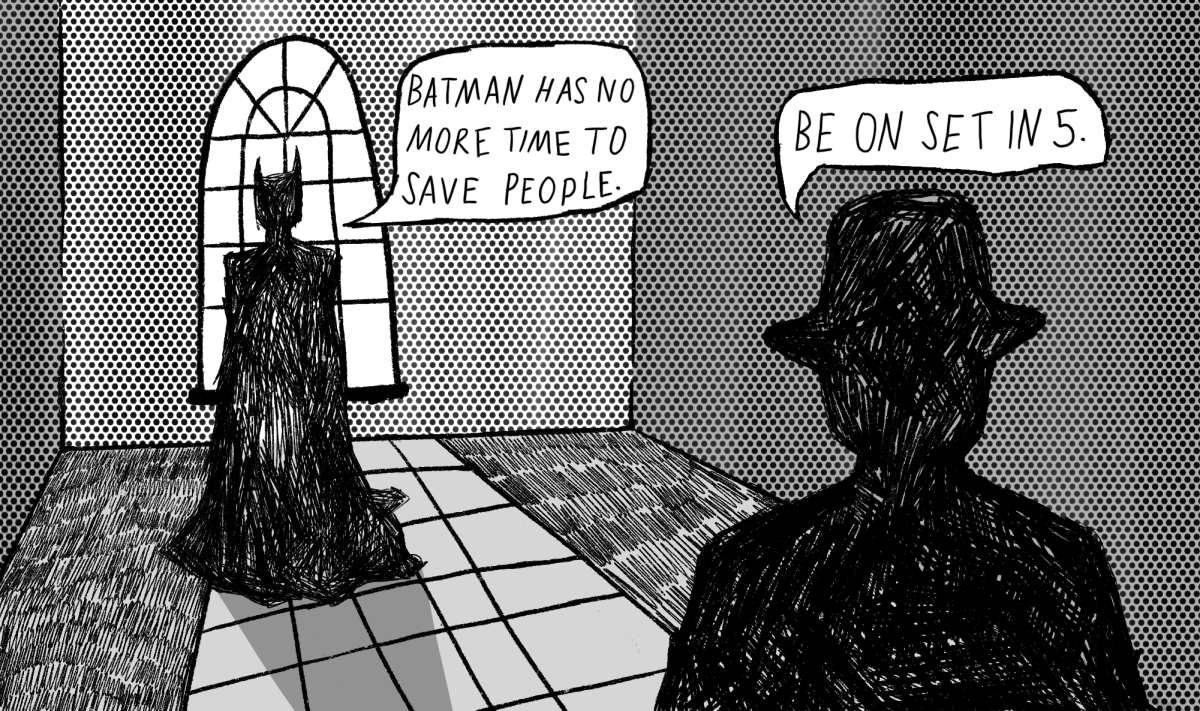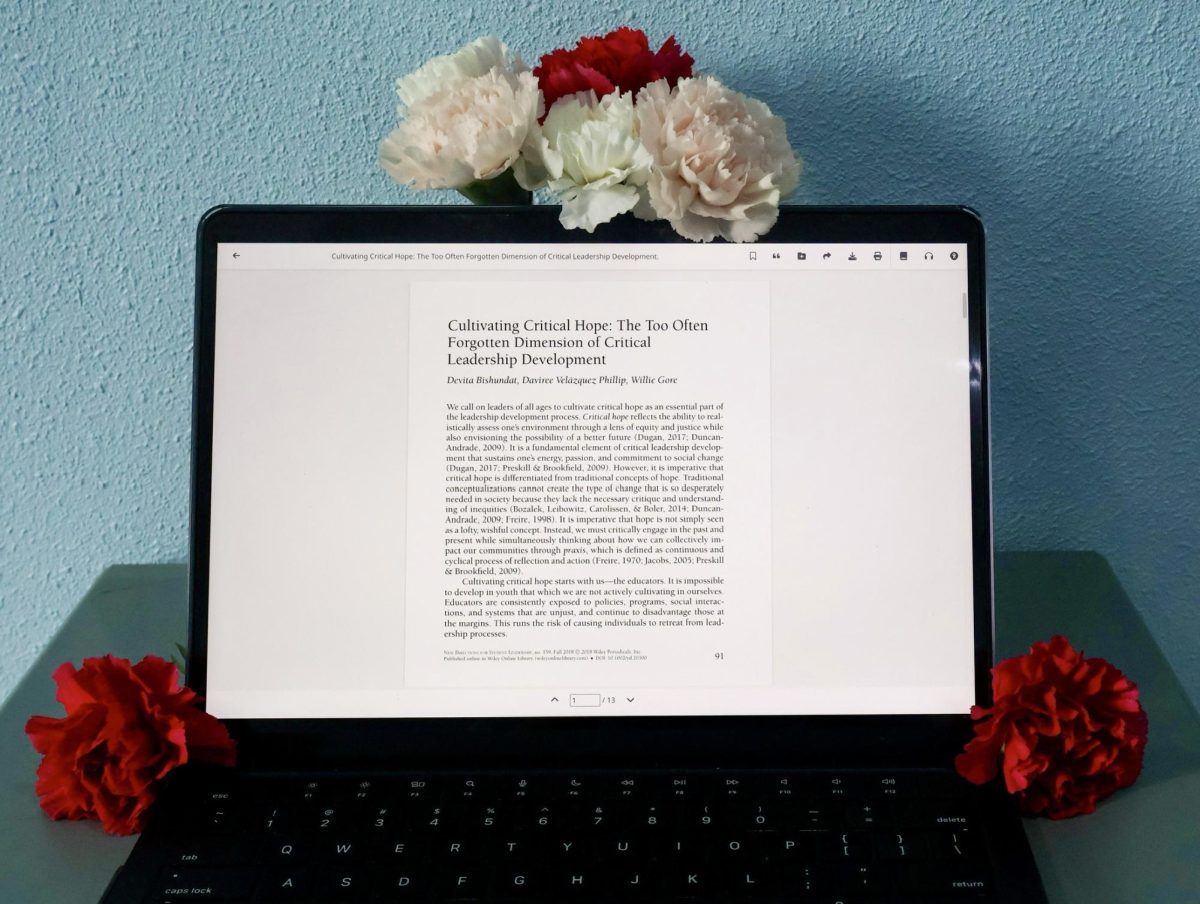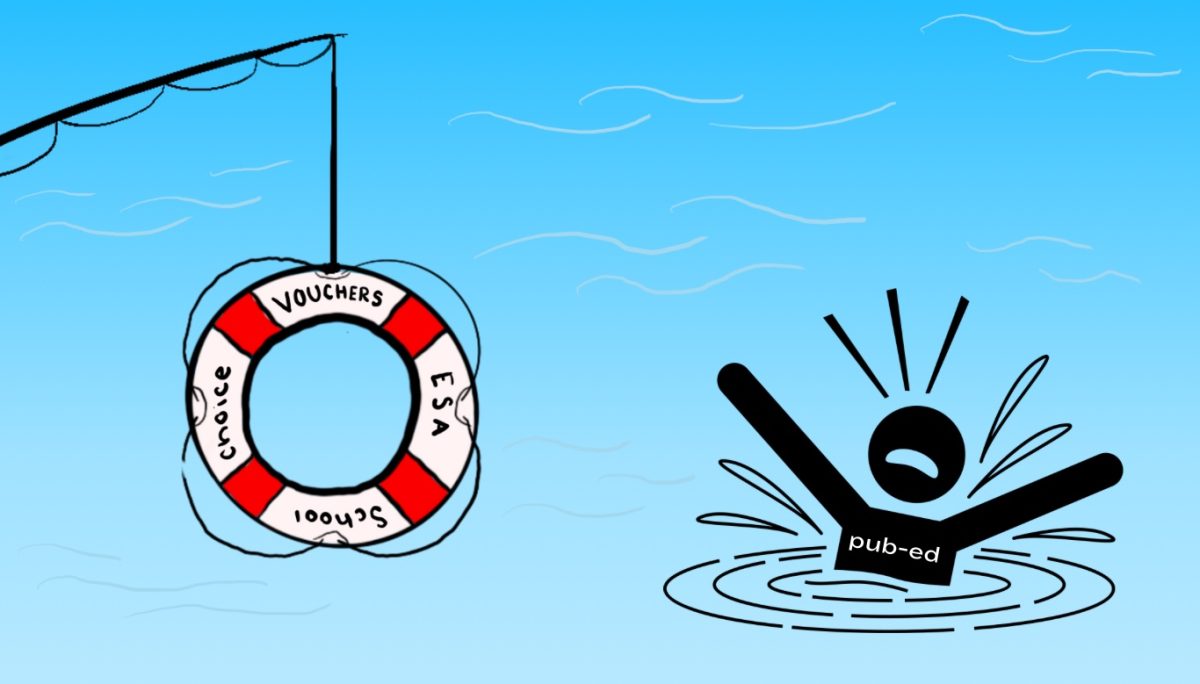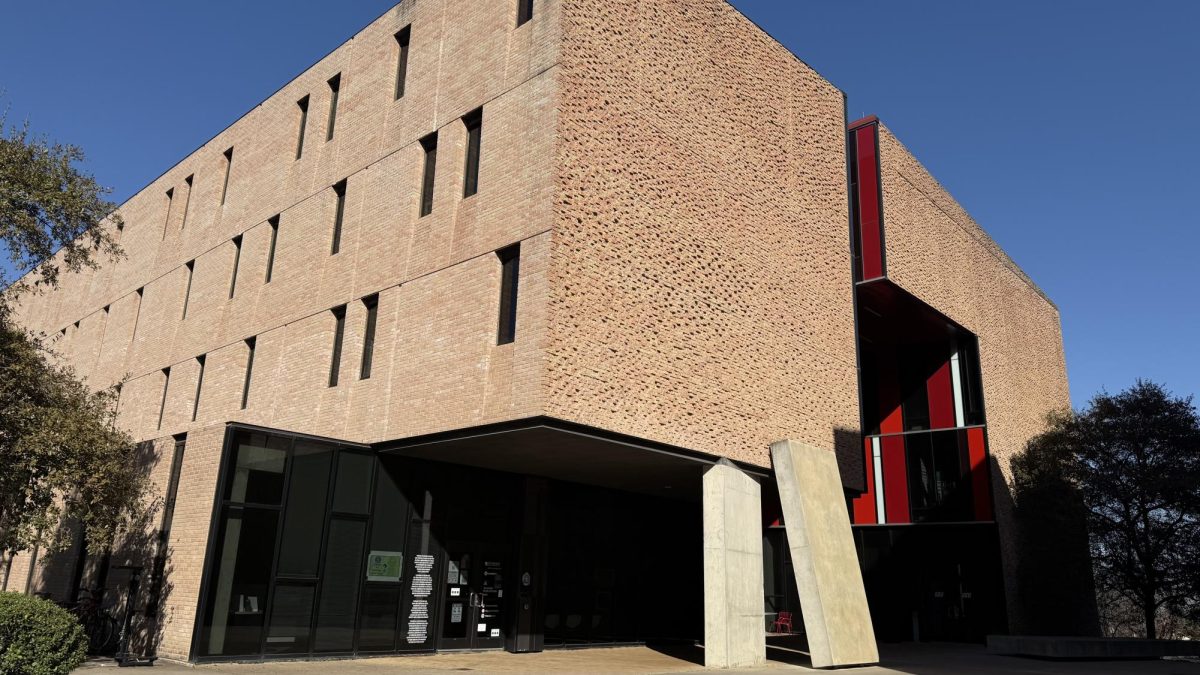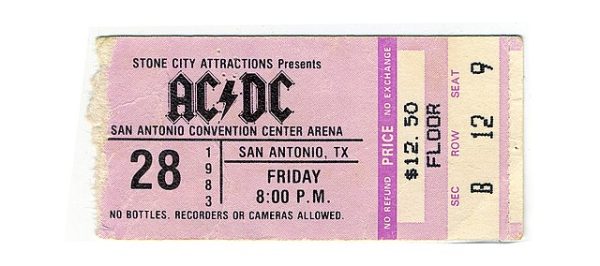Over the last decade, I have noticed a distinct uptick in sequels, remakes and superheroes coming to cinemas, and frankly, I am tired of it.
Many of the highest-grossing movies of this year have been either remakes, sequels or superhero movies: “Guardians of the Galaxy Vol. 3,” “The Little Mermaid,” “John Wick: Chapter 4” and “Spider-Man: Across the Spider-Verse.” Only half of the top 200 grossing releases this year were movies with original ideas.
In the years following COVID-19, thousands of movie theaters have closed due to low attendance and rising ticket prices. One of the main reasons I find myself not going into theaters is that nearly every movie that comes out is either a remake of an old classic, pointless sequels or installment after installment to the Marvel Cinematic Universe.
The countless remakes that have been rumored to be in the works implore me to beg the question: Why? Why do we need a new “Home Alone” or a new “Ferris Bueller’s Day Off?” There is a reason those movies are referred to as classics. They can stand by themselves and don’t need to be reconfigured or changed to include all the bells and whistles of today’s cinema.
There is a distinct lack of creativity within large studios nowadays. Everyone just wants to rake in easy money instead of fostering new ideas and creating lasting, impactful stories.
“I feel that in the past years the quality of sequels has lowered down by a lot, and I think a big reason for this is because movies have a director with an artistic and creative intention but there is a big corporate side to it,” president of the St. Edward’s Film Club Bruno Echt Fusaro said. “If you want to make a good movie, aside from having the skills, you need the money. And for more money you need to align to the rules of the industry. Executive producers are looking for how to make the most profit with the least cost in money and time.”
Some actors are even switching gears away from the movie-making business because of this.
Decorated actor Jessica Lange is said to be turning away from acting because she feels “wonderful films by really great filmmakers, wonderful stories (and) great characters” are now very rare. She believes that today creativity is secondary to corporate profits. Lange also points to big comic book franchise films as a part of this problem.
Marvel has released at least two movies per year since 2012 and DC Entertainment has released around two per year since 2005. After the superhero craziness surrounding “Avengers: Endgame” and “Justice League,” I’ve felt burnt out with the constant releases.
I used to be a huge fan of the MCU, but now that the market is so oversaturated, I don’t want to watch any of it. I feel the series ended with “Avengers: Endgame” and everything after that was just reaching for something that was in the past.
“There is something called the Marvel formula,” Fusaro said. “They always have the same structure for their movies but with different characters — and that still works for them to make a profit. In the past two or three years, the profit from superhero movies (has) lowered. I think the big change was after ‘Avengers: Endgame.’That was an end of an era for a lot of people, including myself, who watched ‘Ironman’ and ‘Captain America.’ I was interested in seeing the end of that story, but now that it’s finished I don’t care about Marvel movies.”
With less and less people taking interest in these sequential superhero franchises and more and more hero films being pumped out each year, it’s no wonder why cinemas are closing.
Sequels, remakes and superheroes all play a part in why I and many others have not been basking in the popcorn smell of the local cinema, but there is hope.
I think big studios are beginning to notice that people want creativity: They want to be shocked, they want to cry, they want to feel. Movies like “Barbie” and “Everything Everywhere All at Once” garnered massive amounts of praise and ticket sales because they have that feeling that we’ve been missing for so long—creativity.


